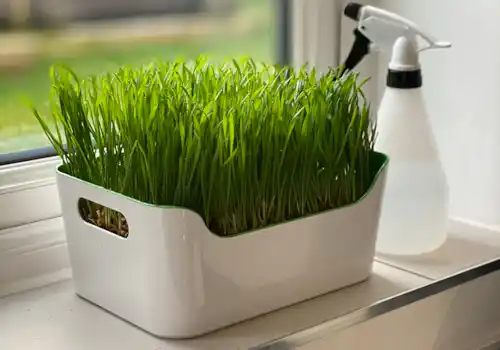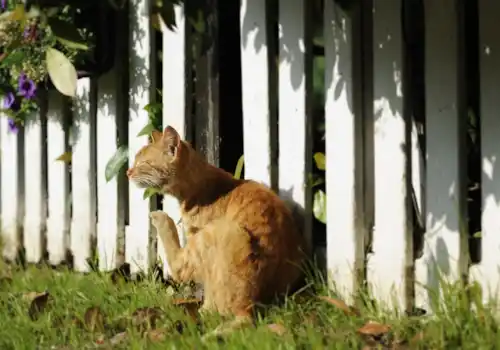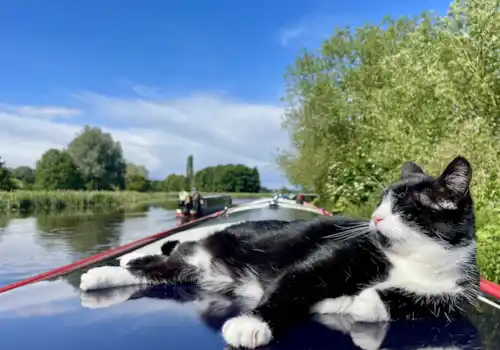Is your cat being sick after eating food? If so, it could be a gastric-based issue. Find out why your cat is sick after she eats.
Without knowing more about the timing of the vomiting in relation to the end of the meal, it's hard to say where the origin of her problem lies (some cats will vomit due to problems further down the gut), but if she's vomiting almost immediately after her meal then it is likely to be gastric (the problem lies in the stomach itself).
Are hairballs causing my cat to be sick after eating?
There can be several reasons for this, one of the most common being a hairball obstruction. Your vet may have talked to you about using a lubricant (there are special veterinary-formulated pastes for cats) to help ease the passage of any obstruction through the gut if it's small.
Diet can be an important therapy for gastric-based problems. Initially in the short term, wet diets will be better and small meals given more frequently.
However, there are some highly digestible dry diets that will break down much quicker in the stomach than regular dry diets, and hence exit from the stomach more easily. Your vet should be able to guide you as to which approach is best.
What's the best food to give a cat who suffers from hairballs?
A high-fibre diet can certainly help cats suffering from frequent hairballs. Usually these are vegetable fibres and they help to sweep along the hair through the digestive tract and clear it more easily. However, high-fibre supermarket wet food is not always easy to find.
Would your cat consider some dry food, perhaps along with the wet food, given in measured quantities to ensure she's getting the right calorie content? Some manufacturers make an 'indoor cat' food which, along with the higher levels of fibre, is also calorie-controlled. The fibre will help to fill her up, particularly if she is dieting, but will also help to limit weight gain.
Canned foods are generally higher in fat and more calorific (unless you choose a specific medical-type weight loss food), so mixing in a dry food may help to balance out the calories.
Hairballs can also be controlled using pastes and hairball-remedy treats, although any calories in these will of course need to be considered in your cat's daily food allowance.
Find out more about how you can prevent your cat from getting hairballs.
Advice given by nutritionist Libby Sheridan.








